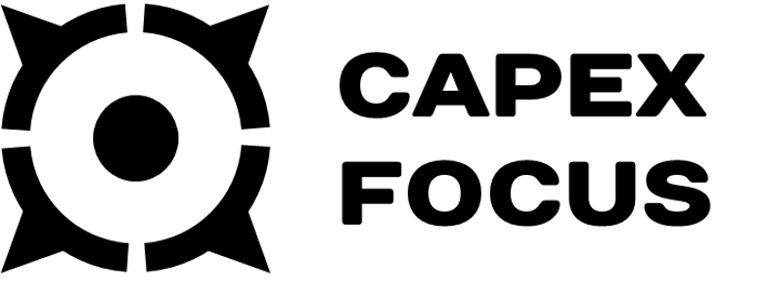
Why a Structured Process Matters
Capital equipment purchases involve high costs, long lead times, and significant business risks. It's critical a structured approach is applied to ensure fit for purpose equipment is purchased, meeting all requirements and budgets
5/16/20252 min read
Introduction
Purchasing capital equipment is one of the most significant investments an engineering or manufacturing business can make. Whether you're upgrading machinery, expanding capacity, or introducing new technology, these decisions impact operations, finances, and future competitiveness.
Unfortunately, many businesses fall into the trap of reacting to immediate needs or supplier pitches, rather than approaching procurement with a clear strategy. This is where a structured process becomes not just beneficial, but essential.
The Risks of an Unstructured Approach
Without a defined process, capital equipment purchases often suffer from:
Misalignment with business needs – leading to under- or over-specified equipment
Budget overruns – due to scope creep, inadequate quotations, or poor negotiations
Supplier issues – from unclear expectations, vague specs, or poor vetting
Project delays – caused by reactive decision-making and miscommunications
Missed ROI – when equipment doesn’t meet performance, efficiency, or lifecycle targets
The stakes are high—mistakes can cost hundreds of thousands and affect operations for years.
What a Structured Process Looks Like
At Capex Focus, we advocate and implement a step-by-step methodology tailored to capital procurement. Here's what that process typically includes:
1. Clear Needs Definition
We begin by working with stakeholders across departments to clarify exactly what is needed—technically, commercially, and operationally. This ensures the investment aligns with long-term strategic goals, not just short-term fixes.
2. Specification and RFQ Development
A clear, detailed specification reduces ambiguity and makes it easier to compare supplier offerings on a like-for-like basis. A well-structured RFQ ensures vendors fully understand the requirement and submit compliant bids.
3. Supplier Shortlisting and Qualification
Rather than rely on sales calls or internet searches, we use a rigorous vetting process to assess supplier capability, track record, and fit for your business. This reduces risk and saves time.
4. Structured Evaluation and Scoring
All supplier responses are evaluated against pre-agreed KPIs using a scoring matrix. This turns subjective preferences into objective comparisons, ensuring transparency and better decision-making.
5. Strategic Negotiation
This is where businesses can recoup our entire consultancy fee. We leverage market knowledge and professional negotiation tactics to secure better pricing, warranty terms, and conditions—without compromising quality.
6. Report Selection and Handover
Once a supplier is selected, we ensure all documentation is clear, expectations are aligned, and you're fully prepared for implementation. The outcome? A smoother project and fewer surprises.
The Benefits of Doing It Right
A structured approach pays off in multiple ways:
✅ Informed decisions, backed by data, not assumptions
✅ Better value for money, often saving more than the cost of consultancy
✅ Reduced risk, through due diligence and professional oversight
✅ Faster procurement cycles, thanks to efficient processes and clear documentation
✅ Improved supplier relationships, grounded in mutual clarity and trust
Conclusion: Structure Isn’t Bureaucracy—It’s Smart Business
In the fast-paced world of manufacturing and engineering, taking time to implement a structured process might seem like a delay. In reality, it’s an accelerator—enabling faster decisions, fewer mistakes, and more strategic outcomes.
At Capex Focus, we make that process simple, manageable, and effective—so you can focus on running your business while we make sure your capital investment delivers.
Need help with your next equipment purchase?
Contact us today for a no-obligation consultation—and find out how much time, money, and stress a structured process can save you.


